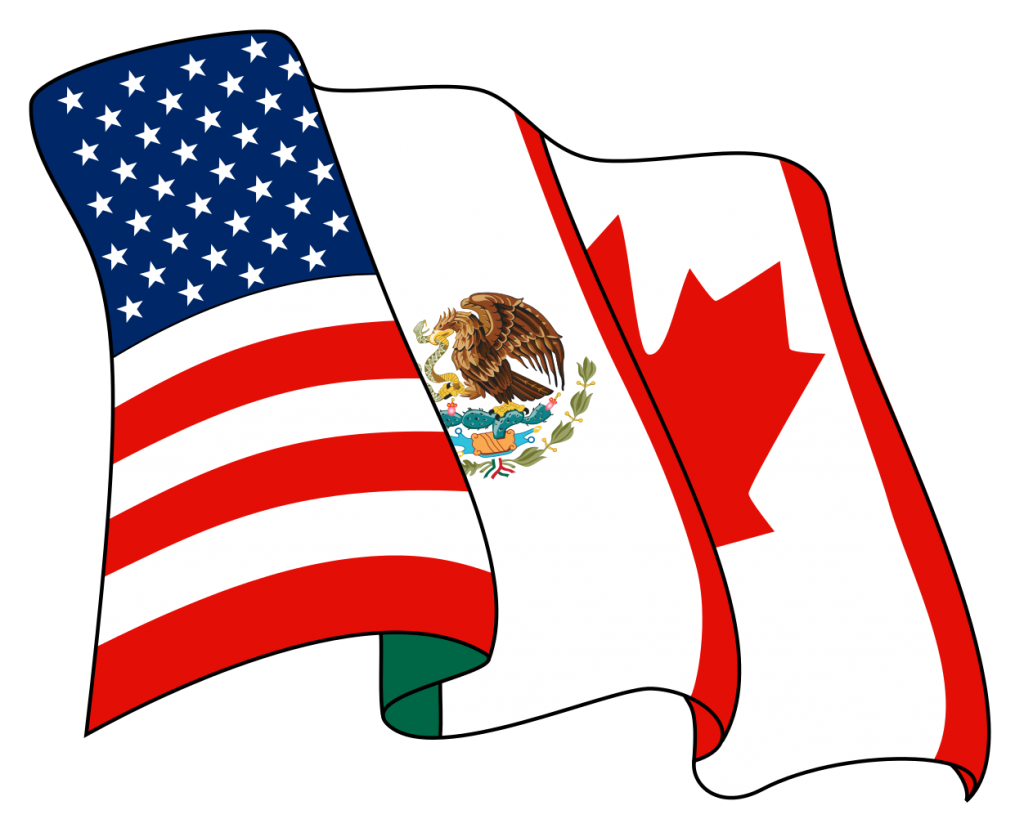Last month, CUSMA/USMA/T-MEC was officially enacted. This FTA can also be referred to as the “New NAFTA”.
(Read about it here: CUSMA/USMCA: Meet The New NAFTA and CUSMA: Rules Of Origin & Certifying Origin)
In a survey conducted by DHL Express, International Trade Impact and Outlook, of over 2000 small and medium-sized companies, about 50% states that the pandemic made them more wary of global trade. Additionally and unfortunately, almost 80% of respondents have seen a dip in revenues due to COVID-19.
As businesses move towards stabilization, recovery, and reopening, CUSMA offers a much needed boost for some industries. However, almost a third of respondents stated that they did not know how this agreement would impact their business at all.
At a baseline, CUSMA promises to bring forth some much needed technological advancements to trade processes, and key provisions that are built to keep trade barriers between the 3 parties low. Looking at it this way, there will certainly be new opportunities for businesses to take advantage of here.

In a piece published on the Supply Chain Brain, contributing author and Head of International Trade Affairs at DHL, Eugene Laney outlines the key advantages of CUSMA for small and mid-sized businesses in North America.
Technological updates to customs procedures like: e-signatures, self-certification of origin, etc. This means that customs data can move freely across borders (prohibiting localization of data — meaning that data cannot be stored in one place.)
Anti-counterfeiting safeguards: there are now new tools that guard businesses (and nations) against counterfeiting documentation as well as intellectual property. These are frameworks that did not previously exist — ultimately protecting jobs.
Access to growing markets: As Eugeune Laney puts it:
“Whether the company is supplying smocks, hammers and equipment to a manufacturer, or selling jewelry, paintings or purses on Shopify, there’s enormous upside potential in marketing to the growing consumer class in Mexico who currently purchases a lot of goods via e-commerce.”
Raised de minimis shipment levels: Canada and Mexico have opted to raise this threshold, which reduces the cost of shipping goods internationally and streamlining the customs cleaning process.
Lower delivery costs: the Office of the US Trade Representative (USTR) has stated that traders entering new markets can also benefit from lowered delivery costs for their goods. In some cases, having access to express carriers (parties that will also benefit from this).
While many trying things have occurred over the past few months as a result of the pandemic, COVID-19 demonstrates the importance of the collaborative relationship between parties in the supply chain industry based in Canada, Mexico, and the US.
“The ease of collaboration, proximity of travel, and minimal time-zone differences promise to make North American countries critical trade partners during these uncertain times. – Eugene Laney”
To learn more about how you can take advantage of CUSMA to the best of your abilities as a Canadian trade partner, begin by reading the linked resources above. As a customs broker and customs consulting firm, we’ve made it a priority to put forth useful and easy-to-access content for anyone in need of information.
Further, if you haven’t already, partnering up with a customs broker that understands your industry’s specific needs — and how they apply to the regulatory backdrop is critical. We’ve been serving SMEs and importers across many different spaces. To start a 0-commitment conversation with us, click here.

 Payment
Payment  My Account
My Account